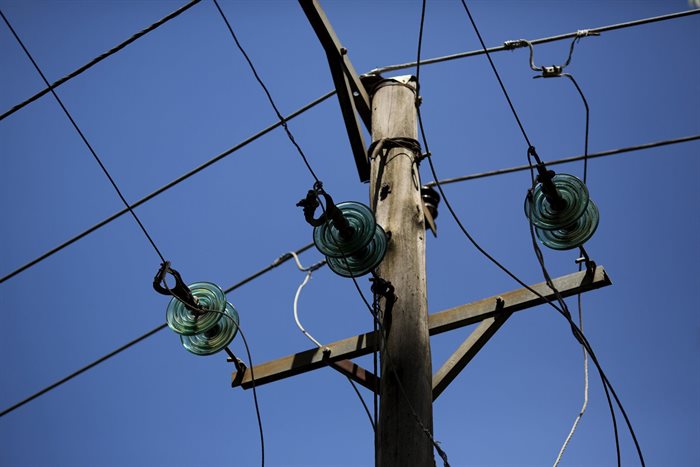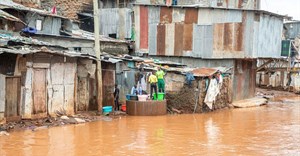Kenya sets up audit team for loss-making power distributor

Thursday's action is part of a series of recommendations made last week from a team President Uhuru Kenyatta set up in March to review the power purchase agreements of Kenya Power, also known as KPLC.
"We are going to do a forensic audit of some of our systems and procedures at KPLC," interior minister Fred Matiang'i said in a statement on his ministry's website.
"We are working jointly at an inter-ministerial level to reduce the system losses, including the theft of power. We will address all challenges that result in passing unnecessary costs to consumers," he said.
Electricity consumers in Kenya often complain of high electricity charges, with some of the costs being attributed to idle capacity charges to compensate power producers for electricity generated but ultimately not used.
Internal crisis at Kenya Power
State-controlled Kenya Power swung to a pretax loss of 7.04bn Kenyan shillings ($63.62m) for its financial year to the end of last June.
Out of the 87.5bn shillings cost of sales incurred during the period, 47.5bn shillings, or 54%, was capacity charges paid to power producers, officials said earlier this year.
In July 2018, Kenya Power faced a crisis after its chief executive and several senior executives were arrested and charged with a conspiracy to commit economic crimes and abuse of office. They all denied the charges. Their case is ongoing.
In August this year, another chief executive officer resigned. Kenya Power did not give a reason.
The interior minister said in his statement the Directorate of Criminal Investigations, Financial Reporting Centre, Assets Recovery Authority and others would probe "alarming system losses within KPLC, procurement practices, insider trading, conflict of interests and suspect transactions involving KPLC staff and others".
Kenya Power officials were not immediately reachable for comment.
Source: Reuters

Reuters, the news and media division of Thomson Reuters, is the world's largest multimedia news provider, reaching billions of people worldwide every day.
Go to: https://www.reuters.com/























